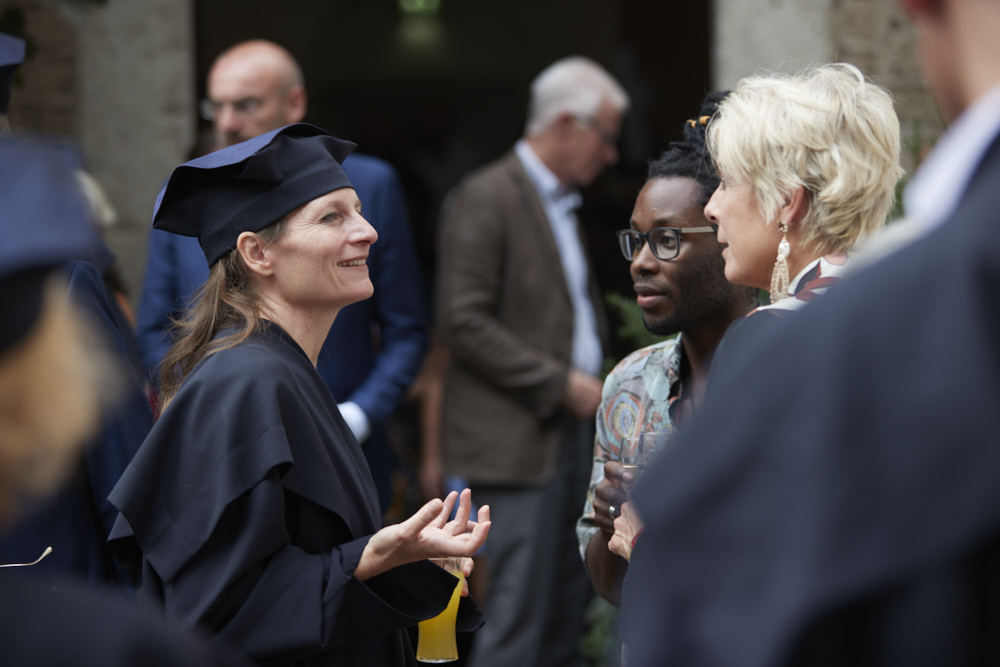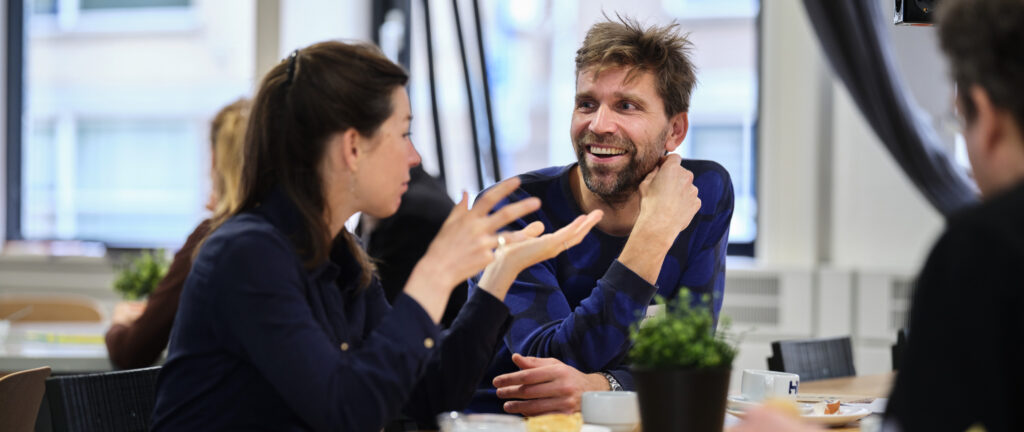Wouter Sanderse
Assistant professor

- w.sanderse@uvh.nl
- Title
-
Dr.
Profile
Since 2018, I have been working as a university lecturer in Education at the UvH, where I conduct and supervise philosophical and qualitative empirical research on education and upbringing. I focus primarily on the moral education of children and young people and on the professional ethics of teachers. Before joining the UvH, I studied Business Communication and Philosophy. In 2012, I obtained my PhD on the relevance of Aristotelian ethics for moral development in education. I then held a practice-based research chair in Teachers’ Professional Ethics at Fontys University of Applied Sciences for 8 years, and worked as a research fellow at the Jubilee Centre for Character and Virtues (UK).


